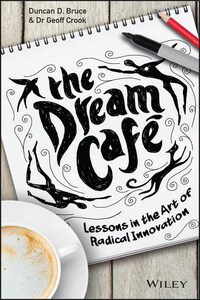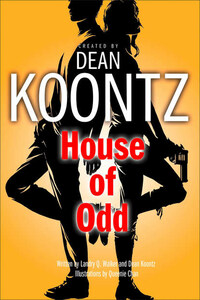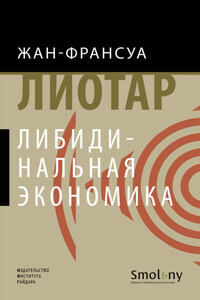This edition first published 2015.
© 2015 Duncan D. Bruce and Dr Geoff Crook.
Registered office
John Wiley and Sons Ltd, The Atrium, Southern Gate, Chichester, West Sussex, PO19 8SQ, United Kingdom
For details of our global editorial offices, for customer services and for information about how to apply for permission to reuse the copyright material in this book please see our website at www.wiley.com.
The right of the author to be identified as the author of this work has been asserted in accordance with the Copyright, Designs and Patents Act 1988.
All rights reserved. No part of this publication may be reproduced, stored in a retrieval system, or transmitted, in any form or by any means, electronic, mechanical, photocopying, recording or otherwise, except as permitted by the UK Copyright, Designs and Patents Act 1988, without the prior permission of the publisher.
Wiley publishes in a variety of print and electronic formats and by print-on-demand. Some material included with standard print versions of this book may not be included in e-books or in print-on-demand. If this book refers to media such as a CD or DVD that is not included in the version you purchased, you may download this material at http://booksupport.wiley.com. For more information about Wiley products, visit www.wiley.com.
Designations used by companies to distinguish their products are often claimed as trademarks. All brand names and product names used in this book and on its cover are trade names, service marks, trademark or registered trademarks of their respective owners. The publisher and the book are not associated with any product or vendor mentioned in this book. None of the companies referenced within the book have endorsed the book.
Limit of Liability/Disclaimer of Warranty: While the publisher and author have used their best efforts in preparing this book, they make no representations or warranties with the respect to the accuracy or completeness of the contents of this book and specifically disclaim any implied warranties of merchantability or fitness for a particular purpose. It is sold on the understanding that the publisher is not engaged in rendering professional services and neither the publisher nor the author shall be liable for damages arising herefrom. If professional advice or other expert assistance is required, the services of a competent professional should be sought.
Library of Congress Cataloging-in-Publication Data
Bruce, Duncan D., 1957-
The dream café: lessons in the art of radical innovation / Duncan D. Bruce and Dr. Geoff Crook.
pages cm
Includes index.
ISBN 978-1-118-97784-2 (hardback)
1. Strategic planning. 2. Branding (Marketing) I. Crook, Geoff, 1945- II. Title.
HD30.28.B78423 2015
658.4′063–dc23
2014043908
Cover Design: Mackerel Design and Art Studio
Cover Image: To Come
The Dream Café offers an introduction to the lessons that brand owners can learn in a way that deliberately defies logic – that is, by emulating the way that the radical creative practitioners we commonly called avant-garde broke with convention, dismissed the naysayers and invented the future. The fact that artists and creative thinkers, from a wide range of backgrounds, could change the way we all think and do by initiatives that began with interdisciplinary conversations around a café table provides compelling evidence for a new way of engaging with the urgent task of brand innovation.
In order to practise what we preach we have avoided a conventional structure for our book and created an A to Z list of characteristics, actions and qualities that distinguish business that thrive from those that merely survive (and sometimes, don't), which is more akin to a series of ‘Menu Cards’. We believe that in a ‘time-short’ world the insights we offer are best read on the run, much in the way that you would snack at a café. When the experimental French film maker Jean Luc Godard was asked about his apparent lack of interest in conventional narrative principle, he corrected his interviewer by pointing out that his films do have ‘a beginning, a middle and an end’, but ‘not necessarily in that order’. It's much the same with this book: we want you to engage with it in ‘bite-sized chunks’.
Despite innovation's ubiquitous nature nowadays – along with its profound and exponentially significant influence on our lives – we still tend to respond to new and disruptive concepts with a mixture of apprehension, disinterest and disbelief. Science fiction writer Arthur C Clarke summarized how our reaction to new thinking evolves from scorn to ownership without any awareness of our power to delay or indefinitely postpone innovation, as we undergo the following reactions to any given new concept:
1. It's completely impossible.
2. It's possible, but it's not worth doing.
3. I said it was a good idea all along.
Anyone who has read about, or was involved with, Steve Jobs' return to Apple will empathize with Clarke's summary. Jobs had to ignore the entire board in order to reinvent the business, but we doubt that many of those board members would now be wanting to own up to not seeing the future.








